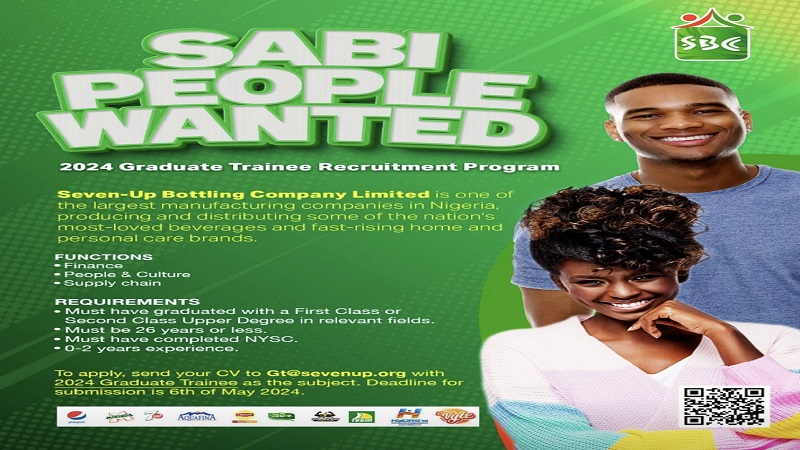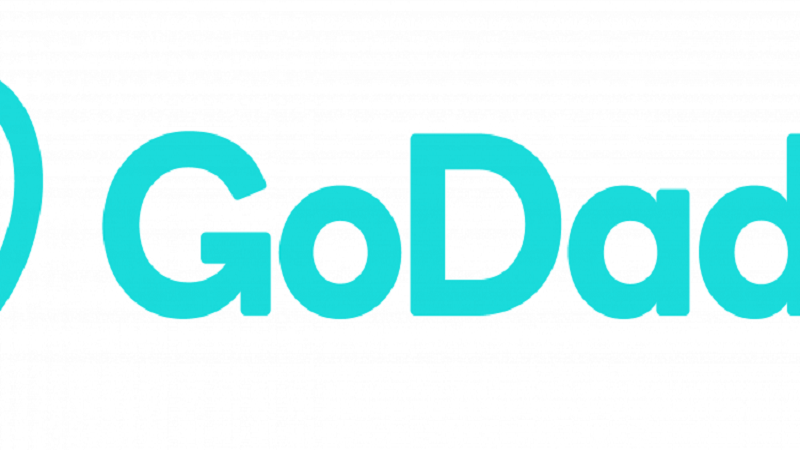Latest News on Our Blog
How to Write Winning Scholarship and Fellowship Essays and Hacking Interview Processes? By Hammed Alabi Kayode (Mastercard Foundation Scholar)
1. Document your best experiences – Sometimes we have done a lot and we want to add everything into our essays or responses. One thing I have learned is to understand what I am applying to and document the best story that fits in. When I applied to the Mastercard Foundation Scholarship program in Edinburgh, I focused more on the story that is quite related to Africa and development. I shared my regional work with Peace First and the courses I have taken relating to development. I also spoke about empowering young people in underserved communities to design solutions to the problems they face within their communities. I noticed my course was big on social good and I focused on the youth empowerment aspect of it.
2. Qualify and quantify your work experience and achievements – When I was 15 years old, I taught in a school in Igbogbo, Ikorodu. I was teaching the nursery class. I also organize remedial classes for the students. So instead of saying I taught nursery class, I had to say, “I spent 700 + hours teaching nursery school children basic arithmetic and verbal reasoning.” Another example was getting into the Carrington fellowship in 2018. Rather than say I got into the Carrington Fellowship, I would say, “I was one out of the 20 Nigerians selected for the Carrington Fellowship, where I received a $5000 grant with the other 4 young people to train 280 low-income private school teachers on contemporary pedagogy and innovative teaching methodologies.”
3. Read the question prompt– Ensure you answer the question and break it down into elements if it carries more than a question and answer them. E.g. Tell us about how you have demonstrated leadership, giving examples from your life and work. Two elements; talk about how you have demonstrated leadership and back it up with examples from your work or lived experiences. You don’t need to beat around the bush, just go straight to the point.
4. Be professional in your response – understand the sector or program you are applying to and when you quote a fact or data, cite it.
5. Drive your response from a policy angle— If you work in development, I think this is more important. For me, my policy solution was to support teachers in training and foster collaboration between local and global education agencies. Another policy solution was ensuring young people lead development projects and aid, and raising funds to help them do good work. You must also understand the problems that led to these policy solutions.
6. Understand key and basic terms of your industry. For example, in education- alternative education, per-pupil funding model, complementary basic education, global partnership in education, etc. Understand the terms and weave them into your response in simpler language.
7. Let your reasons and why be reflected in your essay or response. Why do you do what you do? It must show. It’s like the driver of your response. Our why can come from observation, personal experience, our story, etc. But our why is personal. Personalize your why.
8. You don’t have to be a grammarian to get into a program; just be a good communicator. This has worked for me in many ways.
9. Be logical and thoughtful– Don’t go around saying you have reached 50,000 when you have not. How? You have to show your approach and be able to defend any numbers in the interview. It’s very easy to spot lies in application essays. Although some people get away with this. I will suggest you stay true to what you have done. It gives you a sense that you truly deserve it and boosts your confidence. If you have reached six people. Mention it confidently and talk about the impact you are making on those people’s lives.
10. Don’t be a lazy applicant- Research the program. Who are the alumni? Why was it created? What changes are the alumni making? What events do you get to attend as a prospective scholar or fellow? Research! Research! Research! It helps you stand out in interviews.
11.Understand the needs of a particular scholarship or fellowship– why was it created? Is it related to what you want? Is it related to your aspirations? If your why aligns with their why, or your needs align with their criteria. Then you have scaled the first step of winning.
Bonus: Don’t doubt yourself. If you are in the room or you manage to get an interview. It’s an opportunity to sell yourself and let them know how amazing you are beyond what you have written. You must leave an impression. However, you must do this with the utmost sense of humility.
This is not absolute, but basically what I felt worked for me. It may or may not work for you but you can learn one or two things.
Hammed Kayode Alabi (c) 2021
ABOUT HAMMED ALABI KAYODE
Hammed is a Social Entrepreneur, Author, SDGs Youth Champion, and Educator with 13 years of experience in active citizenship and volunteering. He completed his MSc degree in Africa and International Development at the prestigious University of Edinburgh through the Mastercard Foundation Scholarship.
He served as a Fellow-in-Residence and Regional Manager at Peace First, a global non-profit in the United States. Hammed led its core programs in more than 30 + Countries in Sub-Saharan Africa and supported youth-led movement in Nigeria, Kenya, Zambia, Malawi, Uganda, Ghana, Zimbabwe, Madagascar, and others.
Hammed currently works as the Educational Mentoring Coordinator at Refugee Education (UK), where he currently manages the mentoring hub in West London and connects young refugees/asylum seekers to mentors for educational support. He joggles this with another role with the British Red Cross, where he helps young refugees and asylum seekers in London to develop life skills through the Refugee and Befriending Programme.
He has spoken on education, youth social innovation and change in Africa, Europe and the Middle East.
He is also the founder of Kayode Alabi Leadership and Career Initiative- KLCI. A youth-led NGO that helps underserved young people to develop life skills and forge trajectory for their career. The initiative has engaged over 4000+ secondary school students on career modules & 130 youths across Sub- Saharan Africa was accepted into the online leadership and career training.
Hammed initiated www.kayfactorinspires.com, an inspirational blog that uses storytelling to connect people to issues that affect them. He self-published 2 books “The Africa I Dream to See” and 5 Years:10 Lessons Life Taught Me on Amazon. The book has been sold in 3+ countries and 3 continents.
He is the Vice President of the Graciella Initiative for the Girl child where he has been involved in sensitizing and helping girls develop key life skills such as leadership.
He is a 2018 Carrington Youth Fellow, a program of the U.S Consulate in Lagos, and was assigned the Education Team. He and his team designed a project “Teaching Edge NG” to improve the quality of teachers in low-income communities in Nigeria by equipping them with 21st Century and Life skills. He won the US Consul General’s Award for his creativity and outstanding performance during the fellowship year
He was a delegate, speaker, and panelist at the First and Second African Youth SDGs Summit in Accra Ghana.
Ultimately, Hammed thrives in education and youth development projects.



